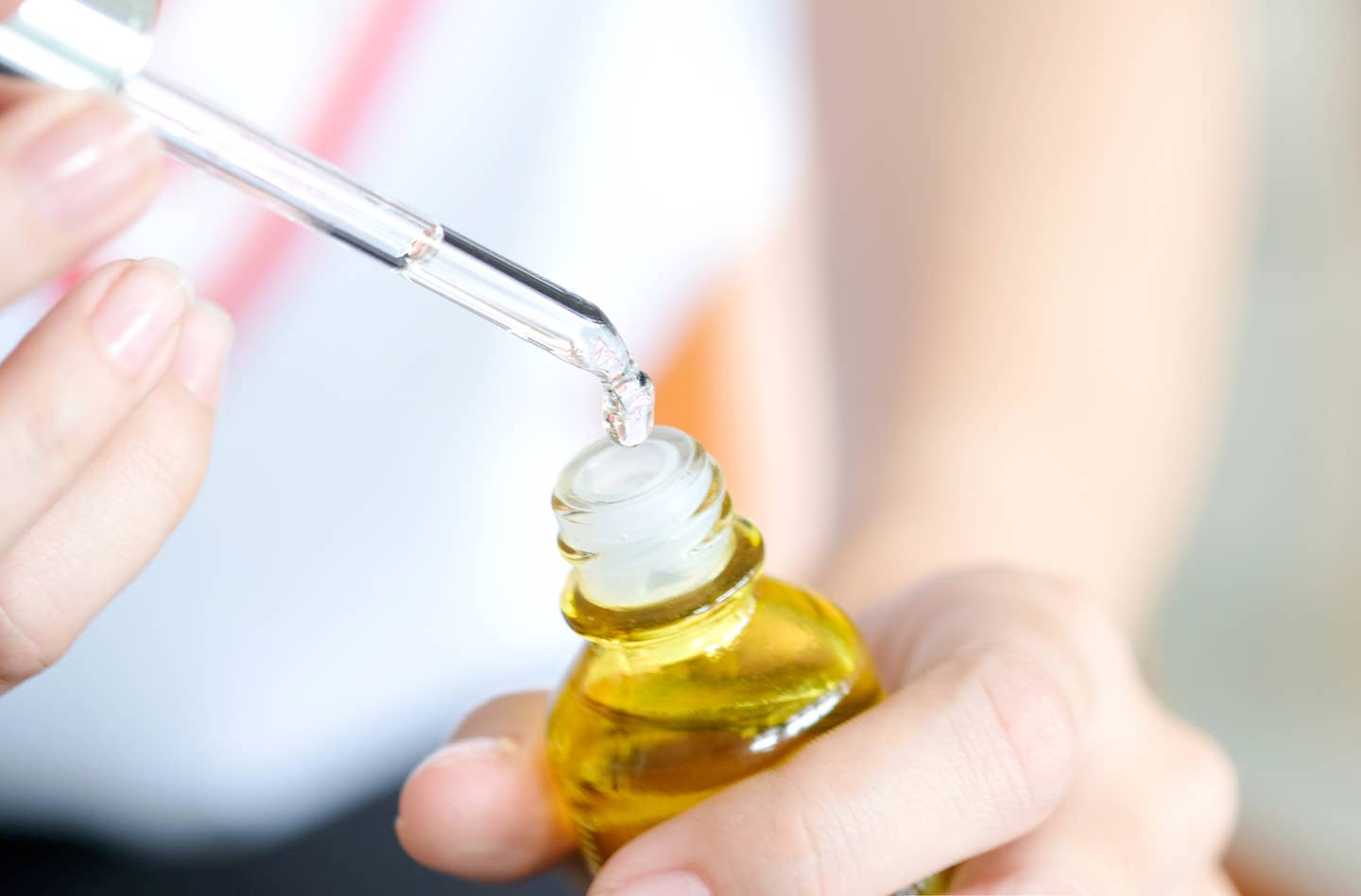
Do You Really Need to Take Vitamin B12 When You Go Plant-Based or Vegan?
Want to start a brawl at your next vegan potluck dinner? Mention you take a supplement to make sure you get enough B vitamins. The ensuing argument will rage between never! and take the damn supplement. Why is this such a controversial topic?
The heart of the conflict over vitamin B supplements lies with vitamin B12, also known as cobalamin. You can get all seven of the other B vitamins from a well-planned vegan diet, one that’s rich in dark green leafy vegetables, beans, whole grains, nuts, and seeds. The only way to get vitamin B12 from your diet, however, is by eating animal foods or by eating plant foods that have been fortified with vitamin B12.
Confusing the issue are persistent myths claiming that plant foods such as spirulina, natto, nutritional yeast, and nori and other seaweeds contain vitamin B12. They do, but in the form of pseudovitamin-B12, a form that’s not biologically active in humans. The only forms of vitamin B12 that are bioavailable (your body can use them) are methylcobalamin and adenosylcobalamin.
Another persistent myth about vitamin B12 is that your gut bacteria make it, so you don’t need any from other sources. The problem here is that the bacteria that make vitamin B12 are in your colon, but the absorption points for the vitamin are upstream, in your small intestine. And you don’t get any vitamin B12 from the soil bacteria that cling to unwashed fruits and vegetables.
The amount of vitamin B12 you need each day is very small—it’s measured in micrograms, or millionths of a gram. The RDA for men and women aged 14 years and older is 2.4 micrograms (mcg) a day. For pregnant women, who need more to help prevent neural tube defects in the fetus, the RDA is 2.6 mcg. For women who are breastfeeding, the RDA is 2.8 mcg. That’s because breast milk is very low in vitamin B12, but your baby needs enough of it from you for normal neurological development.
When you don’t get the vitamin B12 you need, you risk the serious health consequences of deficiency. These include pernicious anemia, numbness and tingling in the hands and feet, balance problems, fatigue, and cognitive impairment.
According to Jackie Arnett Elnahar, RD, founder of TelaDietitian (now part of TelaDoc Health), “As a vegan you have to proactively add vitamin B12 to your diet. You can eat fortified foods that have added vitamin B12, or you can take a dietary supplement. But even when you eat fortified foods, the amount per serving varies, so you can’t be sure of getting enough B12 .”
Plant foods that are commonly fortified with B12 and other B vitamins include nondairy milk, most packaged breakfast cereals, some meat substitutes, and some nutritional yeast. (Nooch has all the other B vitamins, but it has B12 only if it’s added for fortification.) Vitamin B12 is also found in energy bars and drinks, usually in amounts many times the RDA. If you don’t consume these foods on a regular basis, you probably won’t get adequate vitamin B12 from them. And if you eat them rarely or not at all, you’ll have to find your vitamin B12 somewhere else.
That leaves supplements as your best source. To some, taking a supplement to get enough of the B vitamins is equivalent to saying that a vegan diet is unhealthy. A more realistic perspective is that taking a supplement is good insurance for your health. And as Jackie Elnahar points out, “If you’re a woman of childbearing age, you really need to be certain you’re getting enough of all the B vitamins, but especially folate and vitamin B12. If you get pregnant, the growing fetus needs them to develop properly, especially in the early weeks, when you might not even know yet that you’re pregnant.” She also stresses that older adults can become deficient in B vitamins even when they eat well. With age, the ability to absorb all the B vitamins from food naturally diminishes. For older adults, especially menopausal women, taking a supplement is a good way to keep B vitamin deficiency from creeping up on you.
What type of supplement and how much? Supplements containing all eight B vitamins usually come as B-50 or B-100 formulas. The B-50 contains 50 percent of the RDA for each vitamin; the B-100 contains 100 percent. If you want to supplement only vitamin B12, look for a product that contains either cyanocobalamin or methylcobalamin. You could start another brawl by claiming that natural methylcobalamin is better than synthetic cyanocobalamin, but there’s not a lot of research to show that either form is superior. Choose a product from a reputable manufacturer that contains 1,000 mcg per dose (you’ll absorb far less than that). If you have trouble absorbing vitamin B12, choose sublingual lozenges that dissolve in the mouth.
More From The Beet






